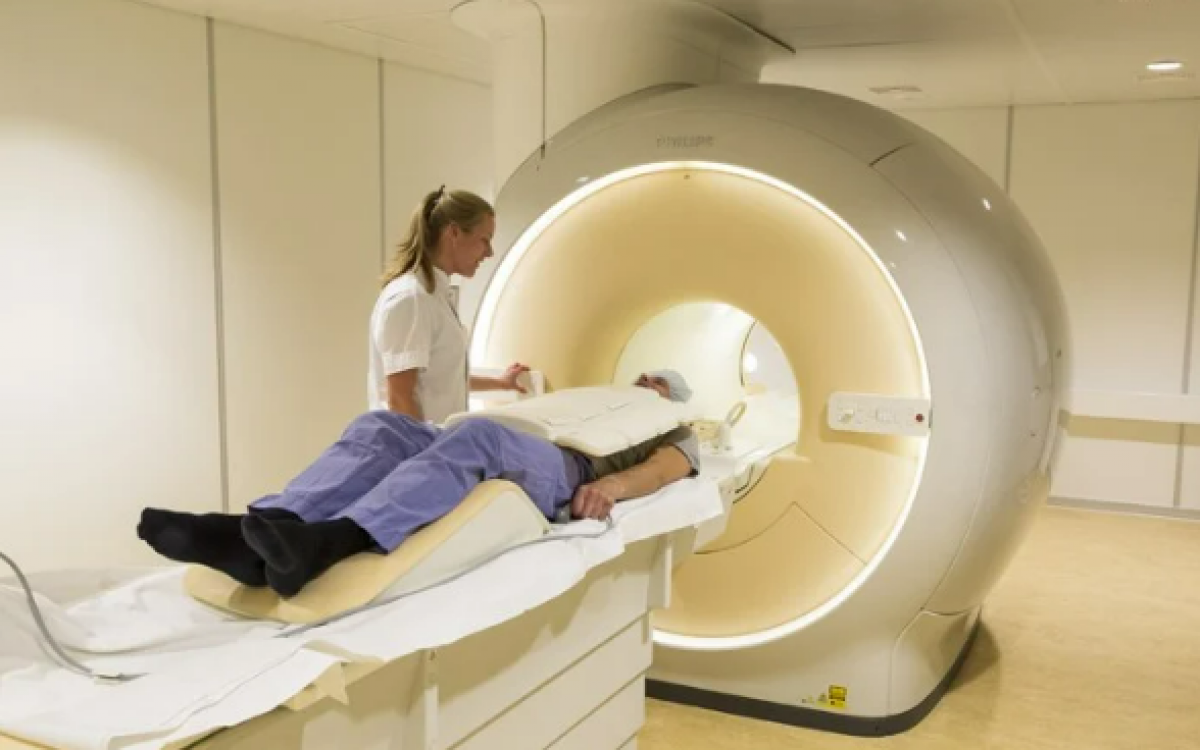ALN-APP study: who can participate and why?
Many of you are aware of Alnylam’s plans to study the effect of ALN-APP in Dutchtype CAA. Currently, Alnylam is in the process of selecting Perth as a site for the study. When approved, Australian regulators will have to approve the study as well. Meanwhile, Alnylam has finalized the protocol for the study.
The protocol specifies who can and cannot participate and what the study (cAPPricorn-1) will look like exactly. It is designed with a lot of input from both Dutchtype CAA and sporadic CAA experts. Together they decided on a design for the study that makes the most sense from a scientific and ethical perspective. The choices they made are not yet final, because regulators can impose on changes in the protocol if they feel that would better the study or participants.
In some countries (the research is being conducted in 60 countries) cAPPricorn-1 is already approved and will start soon. For example, this summer the first people with sporadic CAA in Canada will participate. Because cAPPricorn-1 is taking off, Alnylam is obliged to place part of the protocol online here. This means that the not yet final design of the protocol for cAPPricorn-1 in people with DCAA is also online.
With part of the protocol going online, we are faced with a dilemma. We expect that the information shared will have an impact on you, even if it is not yet final. We know that many of you are anxiously awaiting whether you can participate and have been involved in the entire process of the research so far.
Because we have promised to keep you informed and want to ensure, in consultation with Alnylam and the research teams, that the choices made are understandable to everyone, we are already including you, even though the design is not final. You will find more information about who can participate and why in this document.
We will soon plan a meeting in which we will give you the opportunity to ask all your questions. During this meeting we also pay attention to the question: do I want to be tested for the gene in order to participate in drug research?
If you have any burning questions, you can always contact Sanne van Rijn (svanrijn@hchwa-d.nl).
